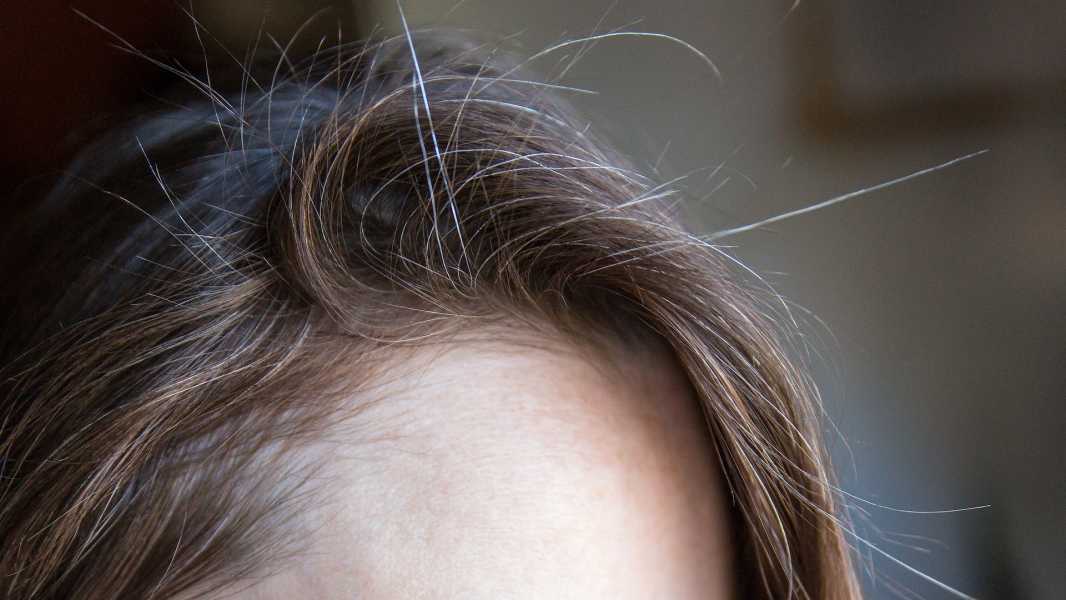
Experts say that when hair turns grey depends not only on genetic factors but also on environmental conditions. (Photo courtesy of AzmanJaka via Getty Images)
Gray hair, like fine lines on the skin or aching joints, is one of the many signs of aging. But for those of us who aren't quite ready to embrace the graying of our hair, is there a way to reverse the process?
While a small 2021 study suggests that this may be feasible in certain short-term circumstances, the overwhelming response from experts in dermatology and trichology (specialists who study hair and scalp) is that it’s probably not possible. At least not on a long-term basis.
“Time moves in one direction, and hair loses its color for reasons that seem irreversible,” Martin Picard, an assistant professor of behavioral medicine at Columbia's Robert N. Butler Center on Aging in New York City, told Live Science in an email.
Picard co-authored a 2021 study published in the journal eLife that looked at the role of stress in the progression (and short-term reversal) of hair graying in people of different ages.
In this study, the researchers looked at people who had darker pigment at the ends of their hair strands and gray hair in the middle, and found that periods of reduced stress were correlated with a temporary return of hair color. In the case of one participant, a two-week vacation coincided with hair repigmentation.
However, unlike the famous story of Marie Antoinette, whose hair allegedly turned white the night before her execution, it’s important to understand that one or more stressful days doesn’t determine your hair color. Instead, Dr. Antonella Tosti, a professor of dermatology and cutaneous surgery at the University of Miami in Florida, told Live Science that environmental factors may have a greater impact than single stressful events.
“Oxidative stress, like smoking or pollution, definitely increases the likelihood of graying,” Tosti said. It’s not yet known whether including antioxidants in your diet, like blueberries or pecans, can effectively reduce your risk of graying, she added. However, there is some evidence to suggest that a diet rich in antioxidants may slow the aging process by helping reduce damage to cells and DNA caused by unstable molecules known as free radicals. Free radicals can form naturally in the body, but they can also be caused by external factors like smoking, UV radiation, and pollution.

More than half of men and women begin to go gray by age 50.
Unfortunately, the reduction
Sourse: www.livescience.com





